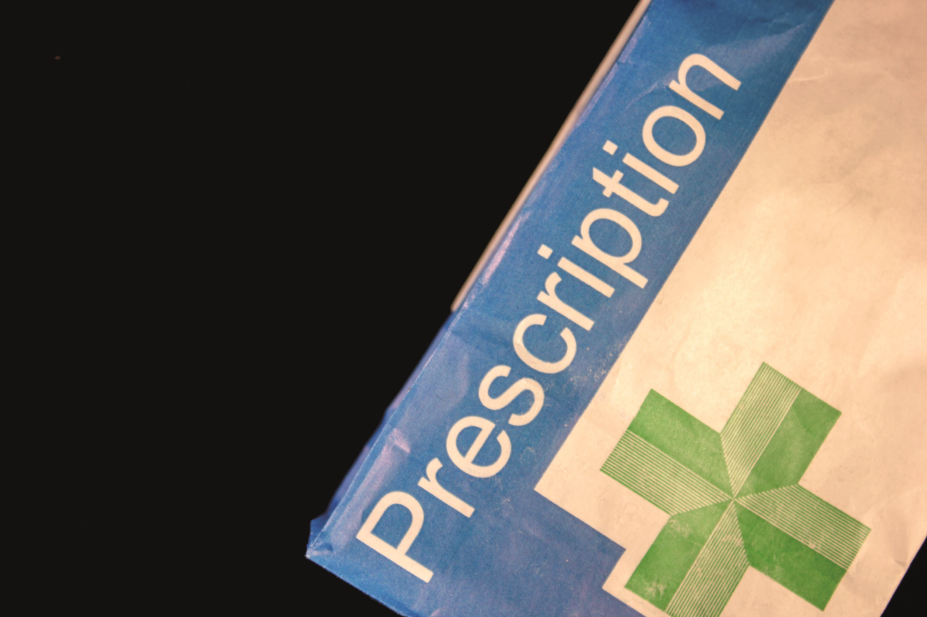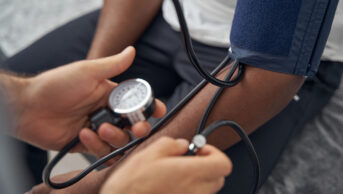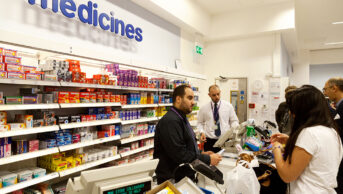
Shutterstock.com
Prescription charges in England are set to increase from £8.80 to £9 as of 1 April 2019, the government has announced.
Health minister Steve Brine told parliament in a written statement that the increased charges will contribute to the £22bn in efficiency savings that the government expects the NHS to make by 2020.
Despite the increase in prescription charges, there is no increase to the cost of three-month and annual prepayment certificates, which remain at £29.10 and £104 respectively.
Responding to the additional charges, Simon Dukes, chief executive of the Pharmaceutical Services Negotiating Committee, said: “Many people already find it extremely difficult to pay the prescription charge. Whilst we recognise the financial pressures that the NHS is under, raising the prescription tax runs the risk of those most in need not getting their medicines — adding to the NHS bill elsewhere.”
Sandra Gidley, chair of the Royal Pharmaceutical Society (RPS) English Pharmacy Board, warned that the increased charges will result in patients being unable to afford their medicines, leading “to poor health and expensive and unnecessary hospital admissions”.
“Every day pharmacists are asked by patients who are unable to afford all the items [on] their prescription, which ones they could ‘do without’,” said Gidley. “Patients shouldn’t have to make choices which involve rationing their medicines. No one should be faced with a financial barrier to getting the medicines they need.”
She noted that prescriptions are free in Scotland, Wales and Northern Ireland, adding: “It would be much simpler to have free prescriptions in England too because then no one would have to worry about payment decisions affecting their health.”
The RPS is a member of the Prescription Charges Coalition (PCC), a group of more than 40 bodies calling for patients with long-term conditions (LTCs) to be exempted from prescription charges. A 2017 report by the PCC found that 33% of people in England with a LTC had not collected a prescription because of the cost, and that 34% of those who had skipped or reduced their doses had required additional medical treatment as a consequence.
You may also be interested in

Tackling the NHS drug budget: why we set up a regional collaboration for medicines value

Lack of joined-up working between pharmacy and general practice is ‘nonsensical’, says former BMA chair
